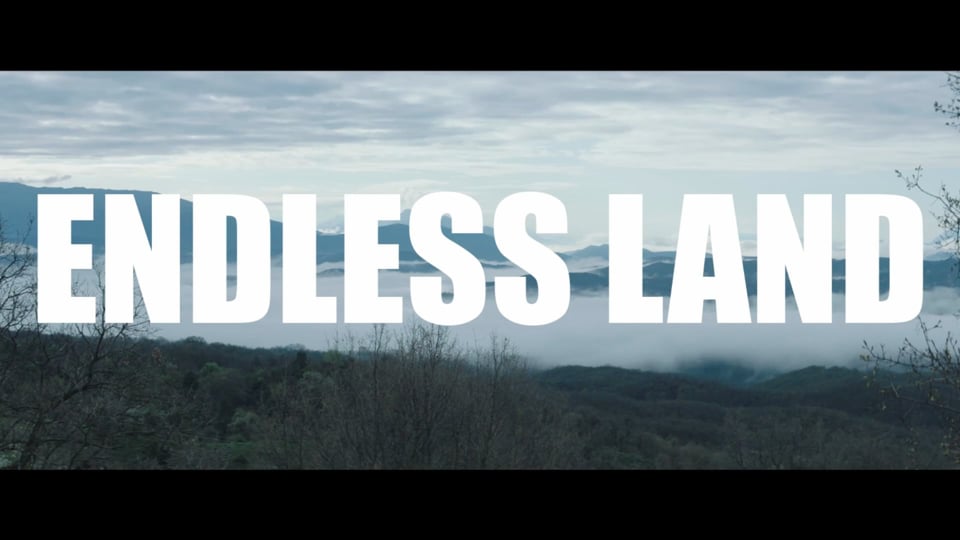Short Summary: A Generational Story of Epirus
Endless Land (Original title: Apeiri gi) is a Greek drama by director Vassilis Mazomenos that tells a multi-generational story set in a remote village in Epirus. Following the tragic death of his father, the film’s protagonist, Lazarus, grows up facing loss and loneliness. The narrative chronicles his life, his marriage, and his eventual emigration due to poverty, before continuing the story through his grandchildren. The movie is a poignant exploration of memory, identity, and the enduring circle of life across different eras.
Theatrical Release: Completed The film has a theatrical release status of “Completed,” meaning it has been screened, likely at film festivals, but details about a wider public release are not available.
Detailed Summary: A Multigenerational Saga
-
The Unbreakable Chain of Life: The film begins with the tragic death of Lazarus’s father, which leaves a permanent mark on his family and the entire community. However, life continues, and the birth of a new Lazarus brings a renewed sense of hope to the grieving village.
-
A Journey of Love and Loss: The young Lazarus grows up, falls in love with Chaido, and marries her. Their simple life is soon challenged by poverty, forcing Lazarus to leave his home and family in search of a better future.
-
The Echoes of the Past: As Lazarus loses touch with his roots in foreign lands, his story becomes intertwined with that of his descendants. The film concludes by showing his grandchildren, who, by continuing their ancestors’ traditions, keep the family’s memory and identity alive.
Director’s Vision: The Invisible Weight of Memory
-
A Poetic Exploration of Time: Director Vassilis Mazomenos crafts a visually evocative and emotionally resonant film that examines the passage of time not as a linear progression, but as a continuous cycle. The film’s narrative flows seamlessly between generations, highlighting the enduring impact of the past on the present.
-
Focus on the Human Experience: Mazomenos uses the specific story of Lazarus and his family to explore universal themes of loss, loneliness, and the search for belonging. The film is a deeply personal and introspective look at the human condition.
-
Homage to Epirus: The director’s use of the Epirus region as a backdrop is not merely for scenery; the rugged landscape becomes a character in itself, symbolizing the resilience and deep-rooted traditions of the people who call it home.
Themes: The Enduring Spirit of Epirus
-
Memory and Identity: The film constantly grapples with the question of how memory shapes our identity. The character of Lazarus carries the “invisible weight” of his family’s past, which influences his decisions and defines his sense of self.
-
Migration and Rootlessness: The theme of migration is central to the film, as it explores the painful process of leaving one’s home and the struggle to maintain a connection to one’s roots in a foreign land. The film highlights the emotional toll of being an expatriate.
-
The Circle of Life: Endless land is a story about the cyclical nature of life, showing how the joys and sorrows of one generation are echoed in the next. The film emphasizes that while individuals may pass on, their stories and traditions live on through their descendants.
Key success factors: Authenticity and Emotional Depth
-
Authentic Storytelling: The film’s success lies in its grounded, authentic portrayal of life in a remote Greek village. The characters’ struggles and joys feel real and relatable, drawing the audience into their world.
-
Strong Visuals: The cinematography is stunning, capturing the beauty and harshness of the Epirus landscape. These visuals enhance the film’s emotional impact and create a powerful sense of place.
-
Emotional Resonance: The film’s quiet, reflective tone allows for a deep emotional connection with the characters. The themes of loss and love are handled with sensitivity and grace, making the film a moving and memorable experience.
Why to recommend movie: A Journey of the Soul
-
For Fans of European Cinema: This film is a must-watch for those who appreciate the contemplative, visually rich, and emotionally layered storytelling often found in European and independent cinema.
-
A Glimpse into Greek Culture: The movie offers a window into the traditions, landscapes, and emotional struggles of rural Greece, making it a culturally enriching experience.
-
A Humanist Story: The film’s focus on universal themes of life, death, and memory will resonate with anyone who has contemplated their own place in the world and their connection to their ancestors.
Movie Trend: The Rise of Humanist Cinema Endless land follows the trend of “humanist cinema,” which prioritizes authentic, character-driven narratives over fast-paced action or spectacle. These films often explore the complexities of the human condition, focusing on emotion, relationships, and the search for meaning in everyday life.
Social Trend: The Search for Roots and Identity The film taps into the modern social trend of people seeking to reconnect with their roots and understand their family history. In a world of increasing globalization and migration, many are turning to their ancestral past to find a sense of belonging and a stronger personal identity.
Final Verdict: A Quietly Powerful and Timeless Film Endless land is a profound and moving film that masterfully weaves together a personal story with universal themes. While its slow, meditative pace may not appeal to all audiences, those who are drawn to its authentic and humanist approach will find it to be a deeply rewarding and unforgettable cinematic experience. It is a film that lingers in the mind, much like the memories it so beautifully portrays.

